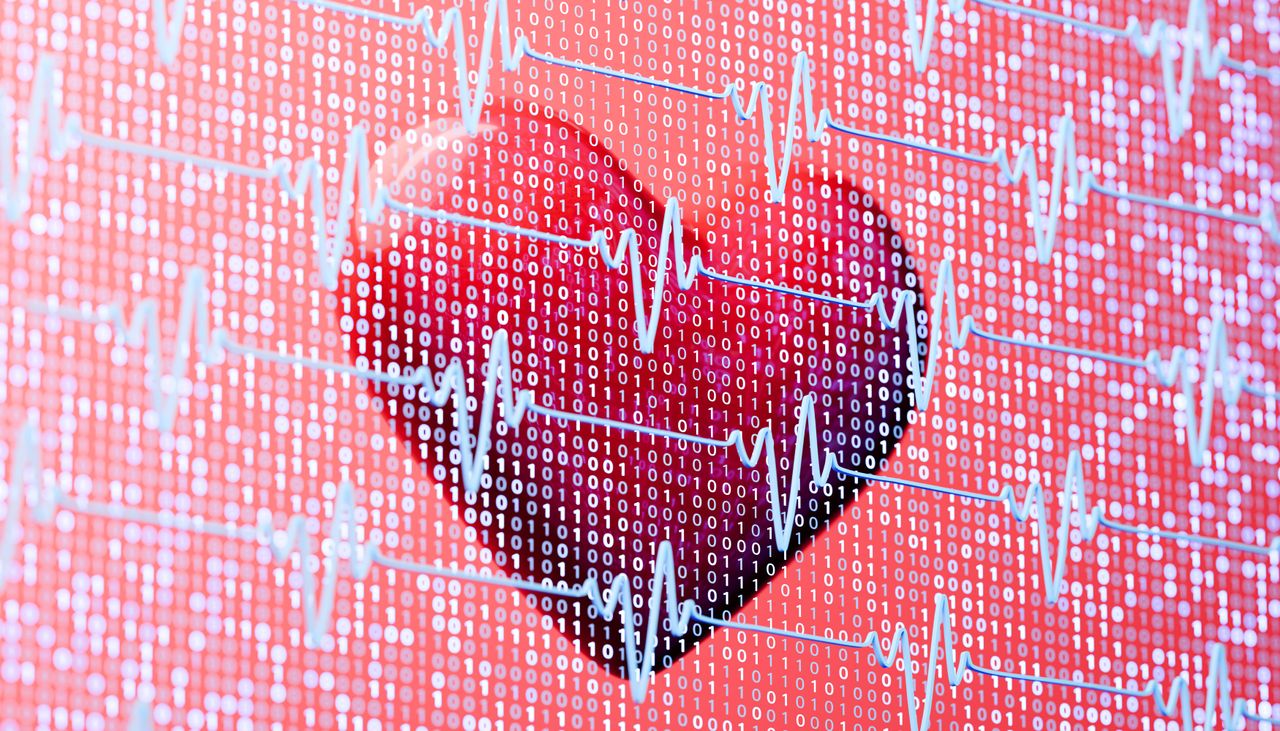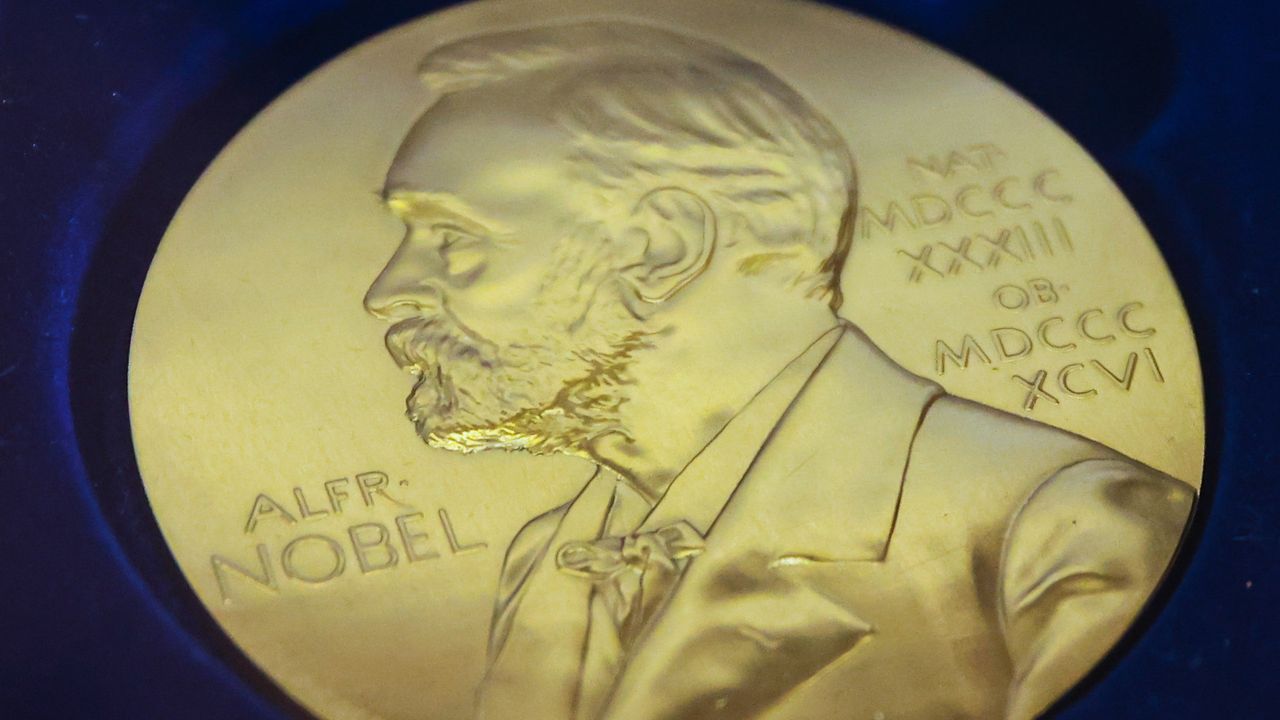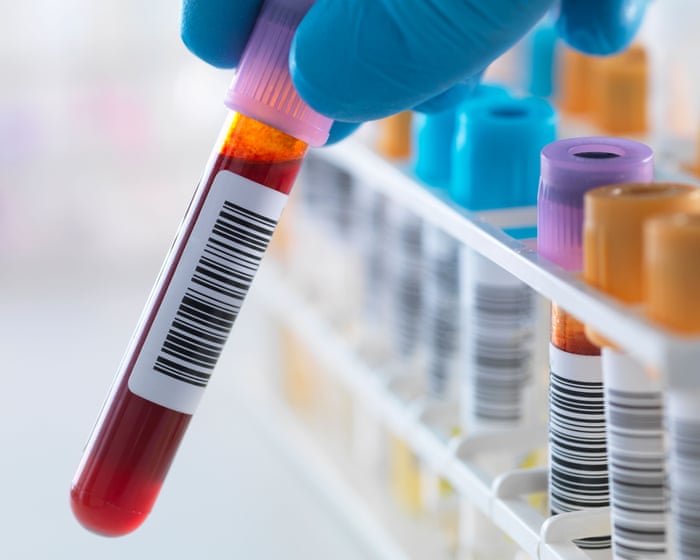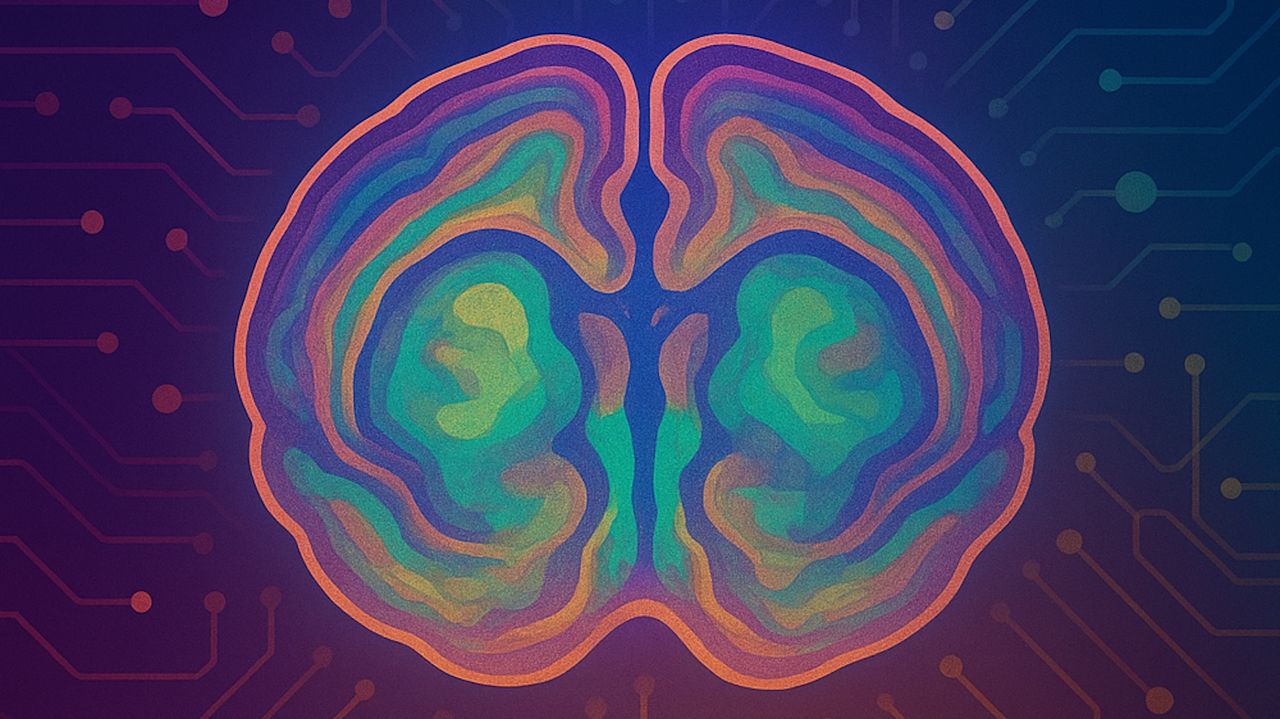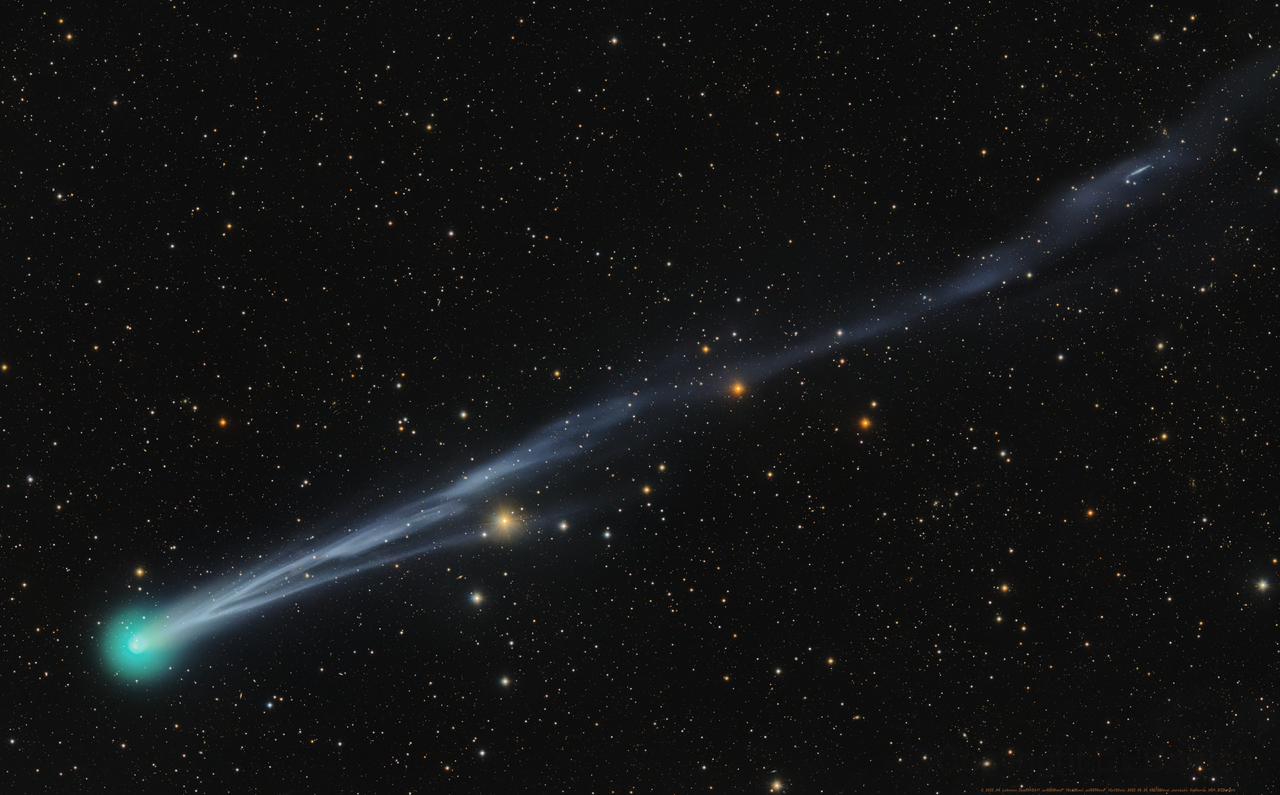Chemistry Nobel awarded to three scientists for their work on metal organic frameworks
PositiveScience

The Nobel Prize in Chemistry has been awarded to three scientists for their groundbreaking work on metal organic frameworks, a significant advancement in the field. This recognition not only highlights their contributions to science but also emphasizes the importance of innovative materials in various applications, from gas storage to drug delivery. The announcement by the Nobel committee in Sweden showcases the ongoing commitment to honoring scientific excellence.
— Curated by the World Pulse Now AI Editorial System

